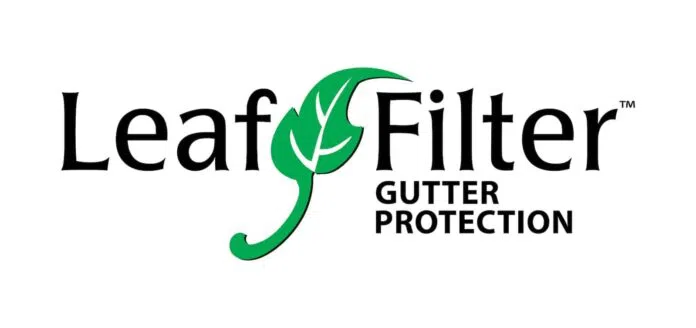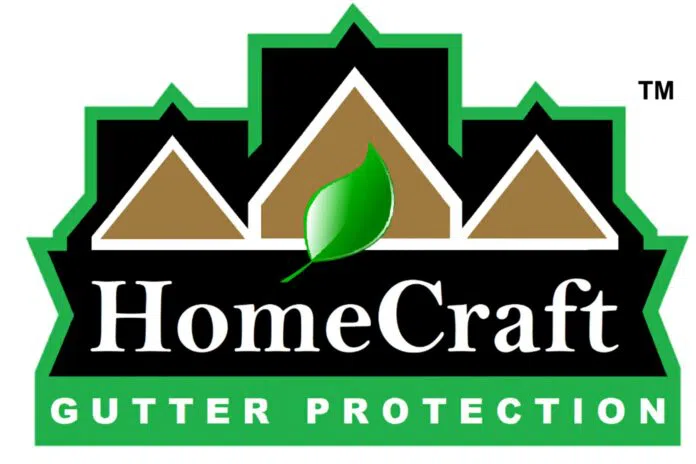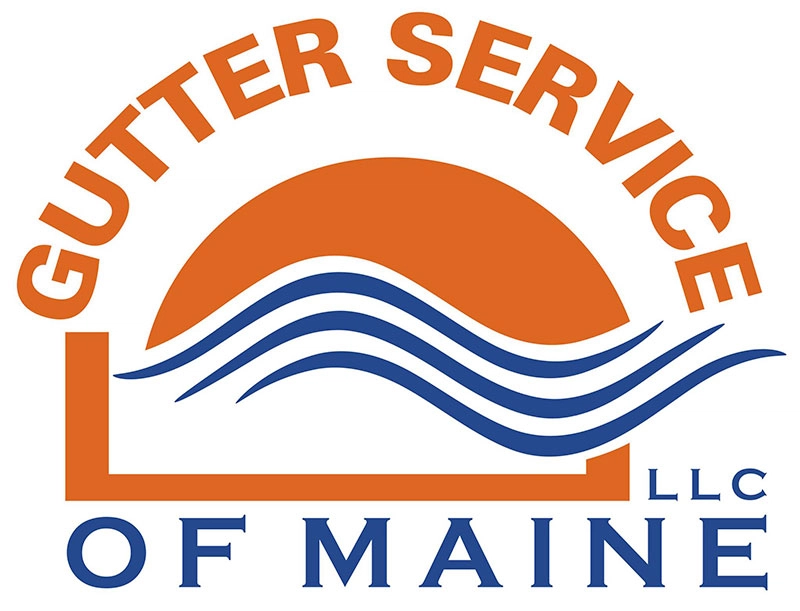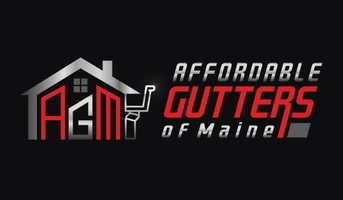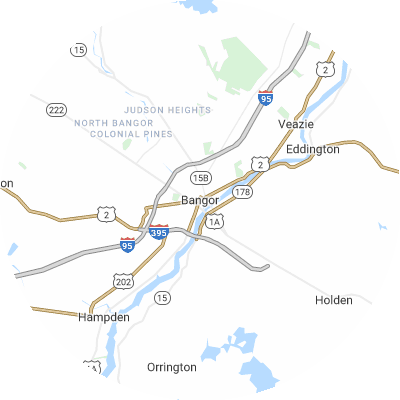Signs You May Need Gutter Guards
Gutter guards aren't required for all homes, but the signs of clogged and overflowing gutters are clear. Indicators of chronic gutter troubles are:
- Frequent clogs that cause overflow and water to spill over gutters
- Visibly damaged, sagging, or misaligned gutters that no longer correctly direct rainwater
- Mold growth, peeling exterior paint, or interior water stains on walls near gutters.
- Leaky joints or seams where water leaks out of gutters
- Soggy ground or visible erosion around your home's foundation
How To Choose a Gutter Guard Installer
Assess Their Experience
When selecting an installation company, look for one with considerable experience and knowledge about numerous brands and guard types. An experienced company will understand how to measure and install gutter guards for your specific needs. Ask about a company's years of experience and request referrals from local customers.
Verify Proper Licensing and Insurance
When speaking with potential installation providers, always confirm that they are properly licensed, bonded, and insured with both workers compensation and general liability protection. This protects you if any injuries or accidents occur. Request current licensing and insurance papers from potential providers.
Choose Reputable Brands
Look for installers that offer tenured trusted gutter guard brands such as Gutter Helmet and LeafFilter. Steer clear of companies that only install generic no-name guards or their own off-brand products. These lesser-known products may lack rigorous testing.
Seek Custom Fit Services
For superior performance, gutter guards need to be custom-fitted to match your specific gutter setup. Choose a company that uniquely sizes and cuts guards specifically for your home, rather than using generic guards. Accurately fitted guards will leave no gaps for debris to get stuck.
Examine Warranties
Leading gutter guard installers often offer 20-year or lifetime warranties against leaks, clogs, rust, and other issues. When picking a company, carefully examine the warranty details for both materials and workmanship guarantees. Warranties give you the most effective protection for your gutter investment.
Check Reviews and Referrals
It's a good idea to look at online reviews on Google Reviews, the Better Business Bureau (BBB), Yelp, and other review sites to learn about customer experiences. Ask neighbors for recommendations of quality local gutter guard companies. When researching providers, it's best to select companies with a track record of consistently good feedback instead of just one or two reviews.
Types of Gutter Guards
There are six most common types of gutter guards. These include the following:
- Foam guards consist of pieces of foam that rest in your gutters to stop debris. They're lightweight and easy to install. Foam guards cost roughly $2.45 per linear foot.
- Brush guards are made of large brush bristles that are installed in your gutters, stopping debris while allowing water to pass through. On average, you can expect to spend $4.03 per linear foot for brush guards.
- Screen guards have large holes that allow water to pass through while keeping out debris. Screen guards cost around $4.04 per linear foot.
- Mesh guards have smaller holes than screen guards and similarly catch debris while allowing water to flow through. These guards are durable and let debris slide off rather than sit on your gutters. On average, you can expect to pay $3.86 per linear foot for mesh guards.
- Micro-mesh guards are generally the most effective. Micro-mesh guards have smaller holes than regular mesh guards and let even less debris through. Micro-mesh guards cost roughly $4.96 per linear foot.
- Surface tension guards, also called reverse curve guards, use surface tension to let water flow into your gutter system while debris slides off. Typically, they are visible from the ground. On average, you can expect to spend $2.98 per linear foot for surface tension guards.

